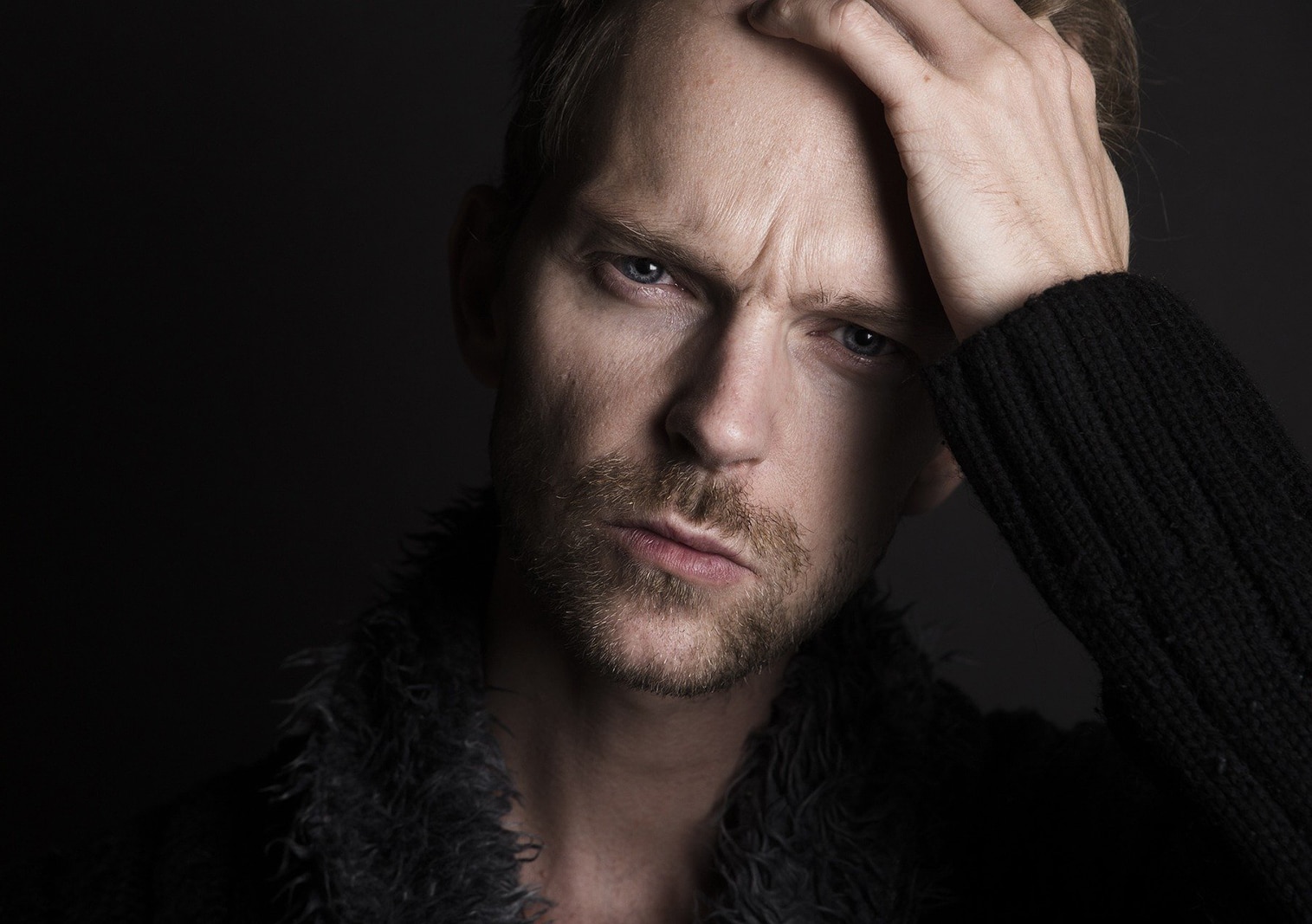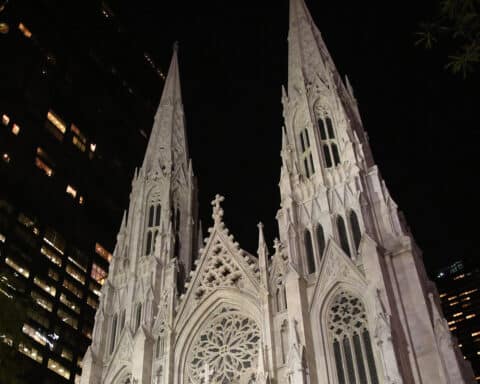(OSV News) Mel Brooks’ movie, “High Anxiety,” was released in 1977. It was a comical satire of Alfred Hitchcock’s horror movies, such as “Psycho,” “The Birds” and “Vertigo.” But today, anxiety is no laughing matter. It has spread through our culture more widely and pervasively even than COVID. It dominates many lives and is characteristic of our whole culture.
I say this not as a mental health professional, but as a pastor. In my ministry, I often encounter people who suffer from anxiety. To one degree or another, almost everyone, including me, suffers from it. It’s not my place to offer a clinical description of anxiety or a diagnosis but I will reflect on how it affects us spiritually.
Anxiety vs. worry
What is anxiety? And how is it related to our everyday worries and concerns?
Let’s start with the latter. When we are worried about something specific, we do well to take it to prayer, to ask the Lord to help us discern the path forward, to show us with whom we should be working, and then we roll up our sleeves and address it. We may or may not solve the problem, but in taking steps in the right direction, our worries lessen.
Anxiety is related to our everyday worries, but not identical with them. Sometimes, as our worries accumulate and the world changes in ways that are difficult to cope with, our lives seem to spin out of our control. We may find ourselves overtaken by a generalized sense of sadness and unease about the future. We may feel that no one will listen to us, no one cares.
Those who experience heightened and persistent anxiety should not hesitate to seek professional help. The mental health initiative here in the Archdiocese of Baltimore and the efforts of the U.S. Conference of Catholic Bishops aim to put such help in everyone’s reach. I am especially grateful that there are more than a thousand trained volunteers in our parishes and schools who can recognize the signs of mental illness and help those who are suffering to connect with the professional services they need.
Spiritual dimension of anxiety
Whether or not it is necessary to seek professional help, we should always recognize the spiritual dimension of anxiety. Religion, rightly understood and practiced, is not the cause of anxiety but rather a life-giving way to address it, for often anxiety arises when we try to deal with our problems independently of others, including God. We feel that relying on God and other people is somehow a sign of weakness and inadequacy. What we fear is, in fact, nothingness. So, we go it alone, as if to prove to God and to others that we are worthy and deserving of respect and love.
God doesn’t ask us to do that. On the contrary, the Lord is real, personal and ready to listen to us. That is why the psalmist says, “Cast your cares upon the Lord and he will support you” (Ps 55:23). Into the interior void created by our anxious efforts to prove ourselves and to be master of our fate, the Lord pours the love of the Holy Spirit. He asks not that we justify ourselves in his sight but that we give him our cares, our worries, our weaknesses, and, yes, the nothingness that we fear so deeply. “When cares increase within me,” says Psalm 94, “your comfort gives me joy.”
The only way to cast our cares upon the Lord — including our worries, insoluble problems and formless anxiety — is by daily prayer. Listen joyfully and gratefully as the Lord says to you and me, “Come to me, all you who labor and are burdened, and I will give you rest” (Mt 11:28). Let us exchange our anxiety for the yoke of his love!





